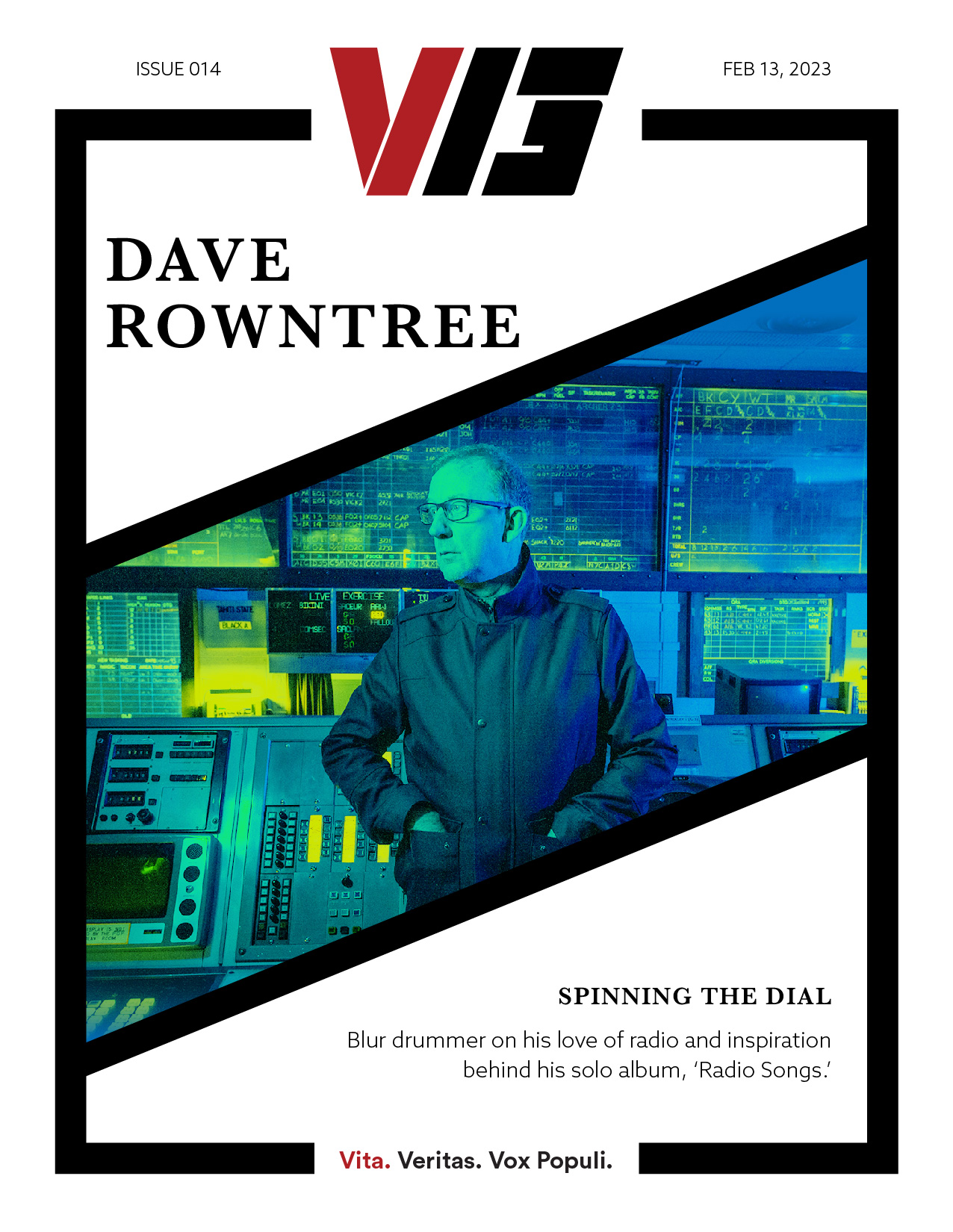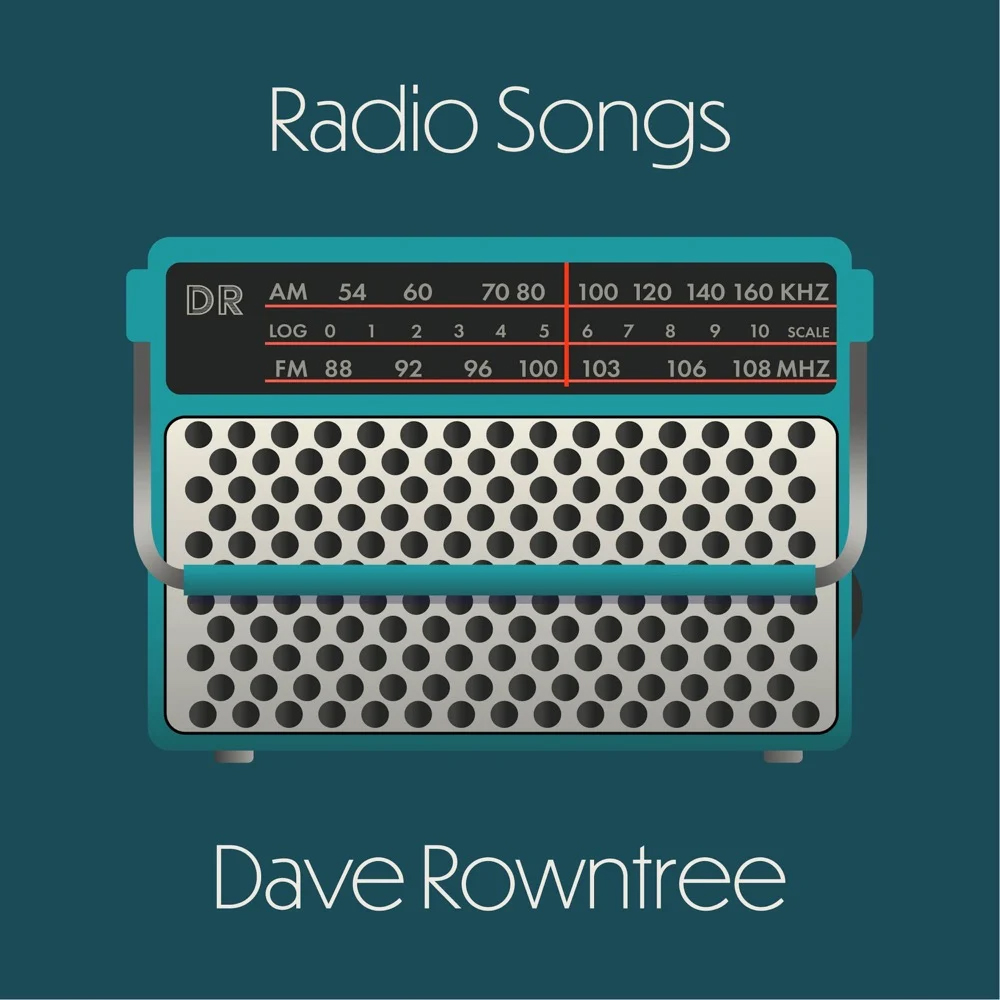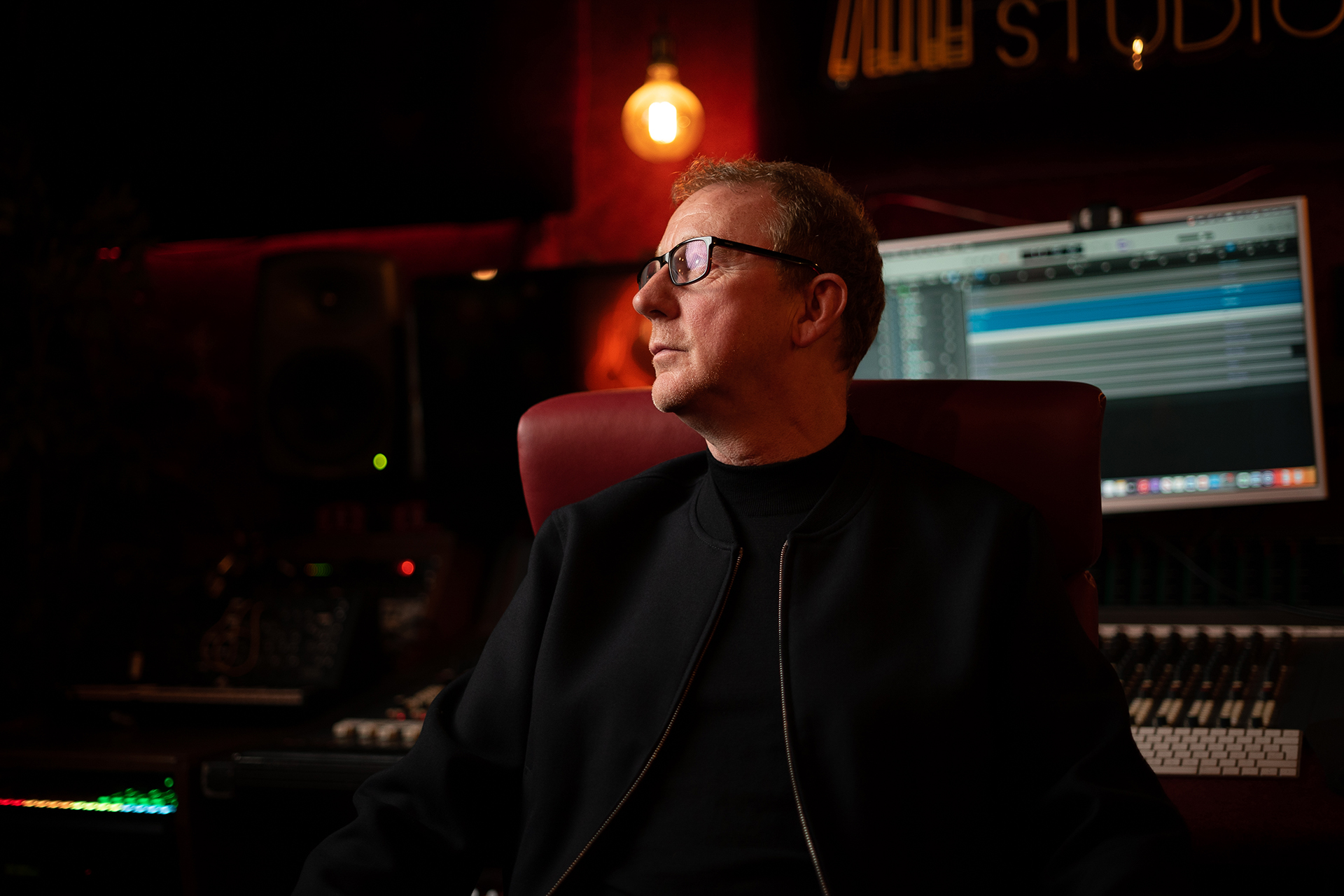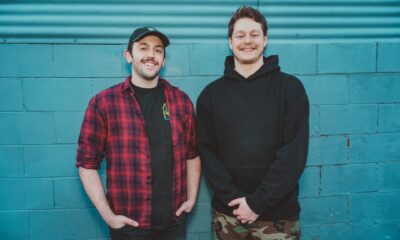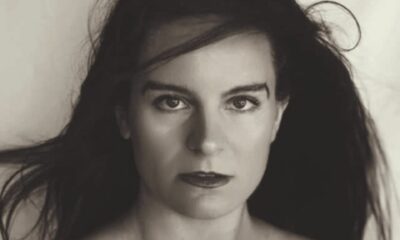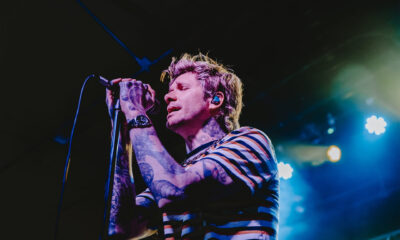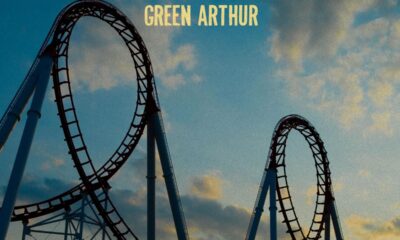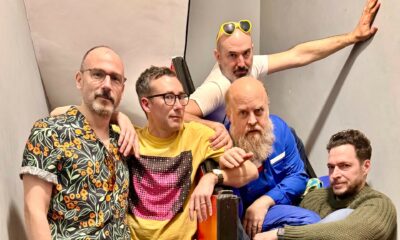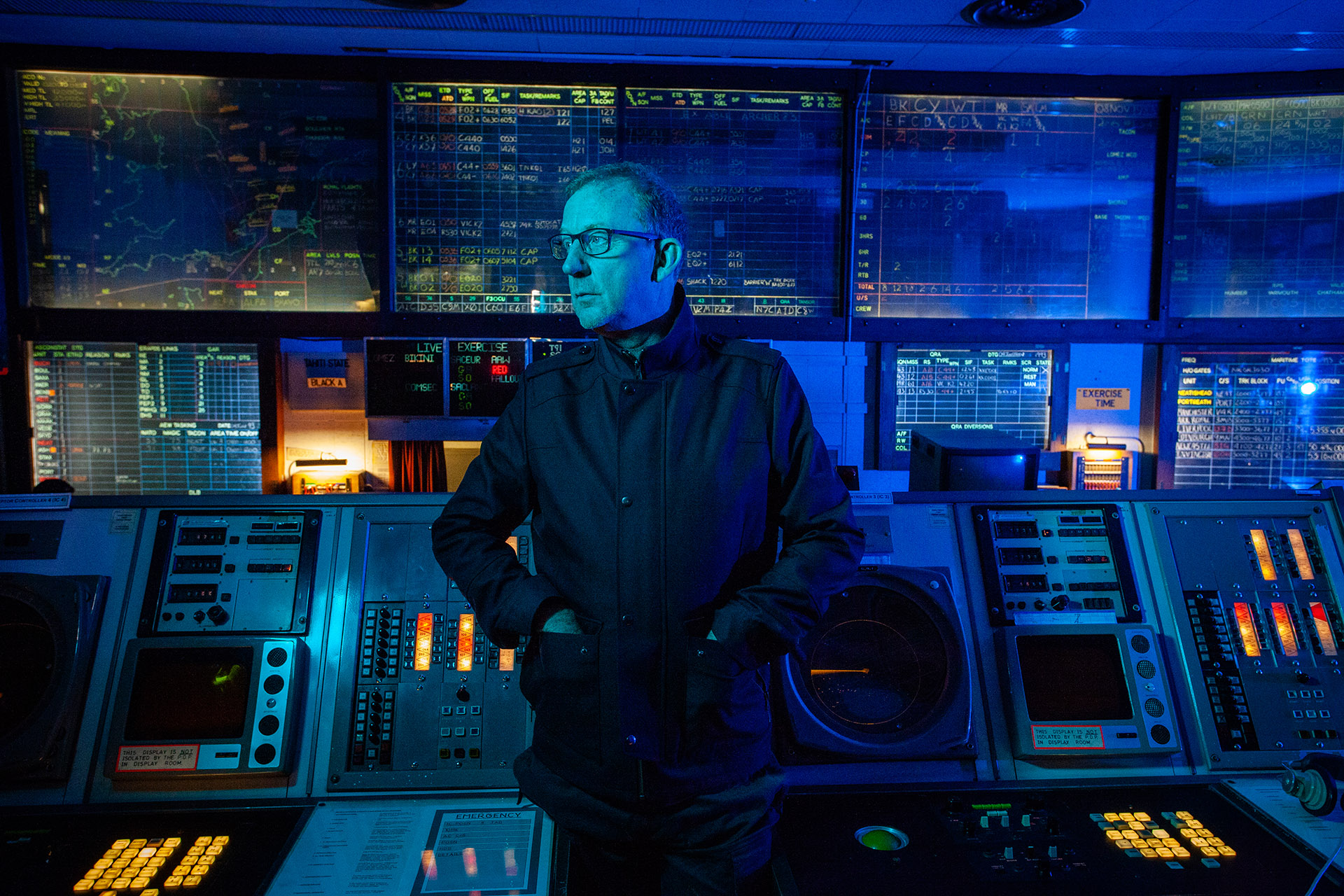

Alternative/Rock
Dave Rowntree: “If I can’t write about myself on my solo record, when can I?”
In our latest cover story, Blur drummer Dave Rowntree talks about the inspiration for his new solo album ‘Radio Songs,’ his future plans and much more.
2023 was always going to be a busy year for Dave Rowntree but it got busier when his main band Brit indie icons Blur announced their return from hiatus with a series of stadium shows including shows at Wembley Stadium in London.
In the midst of all that news, Dave was pushing ahead with the release of his new solo album, Radio Songs early in 2023 via Cooking Vinyl. Despite the change in plans for the next twelve months at least, Radio Songs recently arrived so we spoke to the man himself to find out about the album, his passion for radio, his new plans for 2023, and the state of the UK. For more information, hit Dave’s website here.
Feel free to enjoy this interview Podcast-style via the original audio on SoundCloud, or listen along while reading below.
At the time of this conversation, the release of your new solo album Radio Songs is coming up, how are you feeling? Excited, nervous?
Dave Rowntree: “Honestly it’s been so long, unbelievably long, and all because of the delays in manufacturing vinyl. This is all a hangover from Brexit.
“With an album like mine and being a new artist, the record company felt we couldn’t not simultaneously release the vinyl and everything else. You can’t book a slot if you’re not on a major label for manufacturing unless everything is finished down to the last detail. The music. The choices made. The grade of vinyl being used. Then we had an eight-month delay with the vinyl which put us back to September-October time and I just wanted them to get it over with.
“It was like going to the dentist and you go there an hour earlier getting increasingly anxious as you wait for it to finally happen.”
What inspired you to write the album? Radio plays a big part in the theme of this record…
“The idea is that I had a radio beside my bed when I was a kid. When I should have been sleeping I sat up spinning the dial on the radio listening to the different radio stations. That was the analogue for the record really. I wanted it to feel like spinning the dial and tuning into all of these different stations around the world. Each of the songs had a station.
“Radio has always been a big interest of mine and always will be. A lot of the interesting sounds on radio happen between the stations. Especially these days. Some of it is naturally occurring. Some of the power of the static is echo from the big bang itself.
“The idea is that I had a radio beside my bed when I was a kid and, when I should have been sleeping I sat up spinning the dial on the radio listening to the different radio stations.”
“There is all these other naturally occurring sounds as well. There is machines talking to machines which has unique sounds. People communicating with other people using non-verbal means. I recorded hours and hours of sounds off the radio and used that as the basis in many cases for the tracks. You can hear it. Some of the tracks start with static whines whereas other times it is woven in more subtly. Some bits I cut up. Percussion instruments, that sort of thing. That is pretty much the idea behind the album and why it is called Radio Songs.”
Some of the songs have themes from personal times in your life. What prompted you to write about those times and from a personal perspective?
“Well, it’s a solo album so I thought it’s got to be about me because, if I don’t then people are going to feel short-changed. I thought to myself that, if I can’t write about myself on my solo album, when can I do it? So that was the decision I took for better or worse. Maybe I have overshared maybe I haven’t.
“Ginger Baker, for all his faults and I can’t imagine he’s a particularly nice man but he was a drumming hero of mine growing up, he wrote some music books for aspiring drummers which I worked through religiously. In the intro to one he said his philosophy when making music was that the audience have paid money so make sure you tell them something through what you do.
“Finding the right tone to write them in was the difficult thing. I found that the more straightforwardly I wrote, the better it came across. The more I couched everything in metaphors or hide behind smoke, the less successful it was.”
Did you pick those particular periods of your life to write about?
“As with any kind of writing, you just sit down with the intention just to do it until something happens… I wrote an article for the New European, which is a pro-European magazine. I told the editor I wanted to write an article and he asked me what about and I told him I had no idea. He told me I’d be surprised how many writers say that.
“Sometimes you sit down to write and just nothing happens. ‘London Bridge’ for example I’d put the afternoon before the songwriting sessions to put together some ideas to take with me. It’s far better to go with ideas to work on than not. I sat down with this pen and notepad with the intention of writing something… and nothing came.
“I was on the way to Gary’s studio thinking he’s going to think I’m an idiot. I looked up on the tube map, right in the middle it said London Bridge and into my head came the entire chorus and the tune with all the chords. It just happened in my head! I arrived with a chorus.”
Given the personal nature of the material, is Radio Songs an album you have to listen to in order?
“It’s not sequenced as in the album isn’t telling my life story or anything like that. Each song is an individual nugget. These are just turning points in my life. The unifying theme between them all is that they’re points of decision or turning points.
“I hope they stand up on their own. They’re all quite different. I’m a big believer in the song being in charge when you record things. You give to the song what it demands which means you end up recording some different sounding songs which I have.”
You have also worked creating music for film and TV which is a different style to writing songs. Given the nature of the music, did you incorporate anything you learned from that work when writing this album?
“The track ‘Who’s Asking?’ I wrote as a choral piece for a film I was working on but it didn’t end up getting used in the film. I liked the chord sequence, played into the producer and we reworked it as an orchestral piece. I think it fitted really nicely with the rest of the album.
“Writing songs is quite different. When writing songs I start with the words, the words suggest a tune or a rhythm. The rhythm suggests a tune, you hope. That’s a very different approach to film music. You have to start from the inside out, with songs you work from the outside in.
“Whereas some Dads and sons would go fishing, play or watch football, he and I would sit round the kitchen table with some electronic components and a soldering iron and try and make radios and other bits. That’s something I still do to this day.”
“In film music, you have to hit the emotional beat of the scene. For example, if someone walks in with a gun, you have to get tension. You don’t have to do that in a song, you can take it on any journey you like.”
We’ve talked about radio being a theme inspiring this record. What can you tell us about your early memories of radio?
“My dad was a radio engineer in the RAF when he was a young man so he used to teach the pilots how their radios worked.
“His proudest boast about all of that was that he had to teach the pilots how to mend their radios if they crashed. He would give them all mangled radios and teach them how to connect them to a battery and an antenna then they would tap out SOS messages.
“Whereas some Dads and sons would go fishing, play or watch football, he and I would sit round the kitchen table with some electronic components and a soldering iron and try and make radios and other bits. That’s something I still do to this day. A good amount of the equipment I used on this record I built myself in some form or another.”
Bearing in mind the layers involved in creating the music, how do you see this working in the live arena?
“I’ve done three live shows already and it worked really well. I’ve got a four-piece band with me and we all need to double up on things.”
Radio Songs sees you stepping out from behind your drumkit into being the frontman. How did that feel?
“I really enjoyed it actually. I sung in bands as a kid but this was the first time as an adult.
“The thing that gave me the most pause was walking out on stage in front of the audience and standing there for those first ten seconds. That’s always the bit where your heart is beating the fastest even if I’m playing the drums on songs that I know in front of an audience I know are going to be very receptive. Then the music starts and you get washed away, swept along by it and everything falls into place. Music is like that. It transforms situations.
“We didn’t know if the songs would translate to a live show or even if my voice would hold out as a solo vocalist for a whole set. To try and ensure that I took singing lessons before that. I’m still doing that now and I’ll continue to do it I think because there is no substitute to paying somebody to show you how to do it. It’s the most ruthless way of doing it, throwing money at someone for skills, knowledge and experience.”
What was the reaction to the live show like?
“People really liked the show. There are only nine playable songs from the album so I had to do a bit of talking as well but people really liked that as well. I tried to talk about real things. I tried to talk about the songs, the context of the songs and what they meant and the feedback was that people really liked that as well.”
“Community Radio sounds awful, the worst thing ever but some of them actually, they’re great. Soho Radio is a great one. There is a station in Norwich where I was a councillor called Future Radio which had really interesting programmes. The idea of a DJ playing a string of records and cracking really bad jokes has had its day.”
Now I’m assuming with the recent announcement of some pretty big shows from Blur, your plans for 2023 have been changed somewhat?
“Yes, my plan was originally to tour some festivals. One of my many other projects has put pay to that though by deciding to tour festivals as well. It’s a nice position to be in though so I’m not complaining.
“I might try and still get a couple of festival dates in if I can but, by and large, my plans have been moved to next year now. I’m going to try to write and record another album this year and then tour both albums together next year.
“By and large, it’s a festival tour so that puts pay to the weekends. I’ve got a bunch of other projects on the go which I can do during the week. I’ve got my political campaigning and various other things. Hopefully, everything should pan out fine and everything should be able to co-exist. When I was working as a lawyer, Monday to Friday, and playing with Blur at the weekends and that worked perfectly well for years.
“I nearly had a breakdown by the end of it. I don’t think it is something I should have tried to sustain for years.”
You mentioned a second album, what are your thoughts on that and will it follow a similarly personal theme to Radio Songs?
“It’s hard to say really. I think the concept usually follows the music. I have got all my books out and just need to set some time aside to write.
“The initial idea I had for this current album was the radio songs thing and spinning the dial. That quickly morphed along the way when I started recording sounds and ended up going down some blind alleys. Some songs worked better in that concept than others. I had to write quite a few songs to get the ten I thought worked best together as a record. It’s a process of exploration really.
“Three decades later and there is still nothing worse than a blank page. Sitting down on day one and thinking ‘Oh no, what am I going to do… I don’t know… I can’t write songs… this is a disaster!’”
You talked of yourself as a new artist earlier. These days how important is radio as a means for new artists like yourself to get heard?
“Radio is very genre-based these days in a way that it wasn’t before. The music is being played a lot on Six Music which is going really well. That’s kind of where new music has been relegated to. It’s a station where people who are interested in music can go and find music. It can be a great place for new music.
“Radio One has kind of become the place where people put on music they want to listen to in the background. I’ve never got that. If I’ve got music on I’m listening to the music or else why is it on? To have music on in the background is like trying to make an omelette while jogging. They’re completely incompatible.
“It’s a strange position to be in because I think radio has been usurped by all these other means like TikTok. The days of middle-aged DJs encouraging people to call in for a shout-out and talk about what they’re having for breakfast have long gone. Things like TikTok do that so much better.
“I think big, funded radio has lost its way and needs to find its USP again. I think it will and will take off in a new direction.
“What is taking off is hyper-local radio. Radio stations in a housing estate or a radio station in a school. All these things have been done in America for a long time and very well but they’re still very new here. Community Radio sounds awful, the worst thing ever but some of them actually, they’re great. Soho Radio is a great one. There is a station in Norwich where I was a councillor called Future Radio which had really interesting programmes. The idea of a DJ playing a string of records and cracking really bad jokes has had its day.”
Communities leads me on to my next question. When talking about the track “Devil’s Island”, you talk about how far we’ve come in forty years. Do you still agree with that sentiment given the state of the Nation heading into 2023?
“I think that was a fairly ironic statement really. I think how far we’ve come is not far at all. We’re the first generation who have grown up in times of peace.
“My dad was born at the end of Second World War. He went into the RAF and even though he didn’t have to fight anyone, he still grew up in the tail end of the war and remembers that. In his memory, he knew that peace wasn’t inevitable and it was something to be treasured. He went through life with that knowledge close to his heart.
“We have grown up not knowing any of that. We’ve grown up in increasing prosperity and increasing order in the world. Problems seeming to being solved, medicines improving, life expectancy getting long and we’ve assumed that this is the normal state of affairs and it isn’t. It really isn’t. We were gifted that luxury of a peaceful, prosperous world by the sacrifice of the generations before us who stumbled out of two horrific world wars to try and make sure that doesn’t happen again.
“And we have spunked that up the wall. We just imagine peace is a normal thing. It isn’t. House prices go up because they’re houses. All of that takes work, commitment, it takes effort, it takes money. Peace is expensive. Peace involves sacrifice. Peace involves compromise. People accepting that they can’t just have everything they want.
“This generation needs to accept that there needs to be a bit of give and take in life. Our generation, we lost sight of all of that and our generation is now running the country and look at what a fucking mess we’ve made of it.
“This is the exact same mess we made of it in the Seventies and Thatcher when that generation was running it. The economy is in a mess, politics in a mess, the public services are a mess, peoples working lives are a mess. I could see the writing on the wall and that’s kind of what the message of the song was. People saw the Seventies as some golden era and how we should return to that. Well, look… there you are…”
Thanks for your time, Dave. Just to finish up, I wondered if you could tell us what your goals are both personally and musically in 2023?
“In terms of my own stuff, I’ve talked about releasing an album next year. I want to release an album a year for three years and see where we’re at with that. I have a couple of other musical projects on the go so I’ll announce that when there is something to announce. If I have any time left, I’m studying for a degree in astronomy at the Open University and hopefully, if I have the time, I can make some progress on that over the next few years as well.
“We’ve grown up in increasing prosperity and increasing order in the world. Problems seeming to being solved, medicines improving, life expectancy getting long and we’ve assumed that this is the normal state of affairs and it isn’t. It really isn’t.”
“Obviously the Blur shows are coming up which are going to be great. In between now and then, hopefully, we could write some new material as that would be great to add some songs to the cannon. Hopefully, these shows are successful as they could be the last shows we ever do so it would be nice to go out on a high.”
-
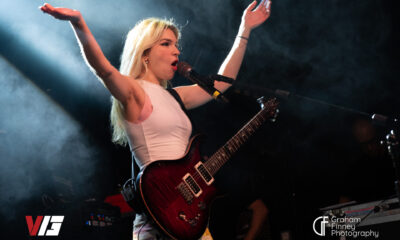
 Alternative/Rock1 week ago
Alternative/Rock1 week agoThe Warning Shake the Foundations of a Sold-Out Leeds Stylus [Photos]
-
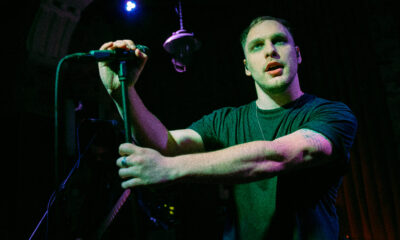
 Alternative/Rock1 day ago
Alternative/Rock1 day agoThe Cruel Knives Headline Top Night of British Rock at Manchester’s The Lodge [Photos]
-

 Alternative/Rock8 hours ago
Alternative/Rock8 hours agoThe V13 Fix #012 w/ Dååth, Unearthly Rites, maybeshewill and more
-

 Alternative/Rock1 week ago
Alternative/Rock1 week agoThe V13 Fix #011 w/ Microwave, Full Of Hell, Cold Years and more
-

 Indie1 week ago
Indie1 week agoDeadset Premiere Music Video for Addiction-Inspired “Heavy Eyes” Single
-
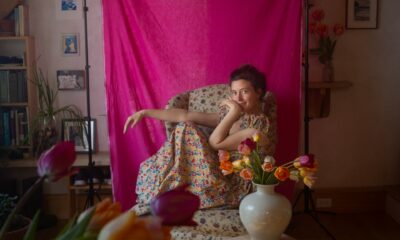
 Folk1 week ago
Folk1 week agoKatherine Perkins Strikes the Right Tone with Her “Hold On” Music Video Premiere
-

 Country1 week ago
Country1 week agoBrooke Ashton Chats About Her “Someone” Single, Creative Process, and More!
-

 Culture4 days ago
Culture4 days agoRob Lundberg’s “Uncontaminated Sound – The Interviews” EP #67 w/ Joshua Farinella of The Whistleblower

